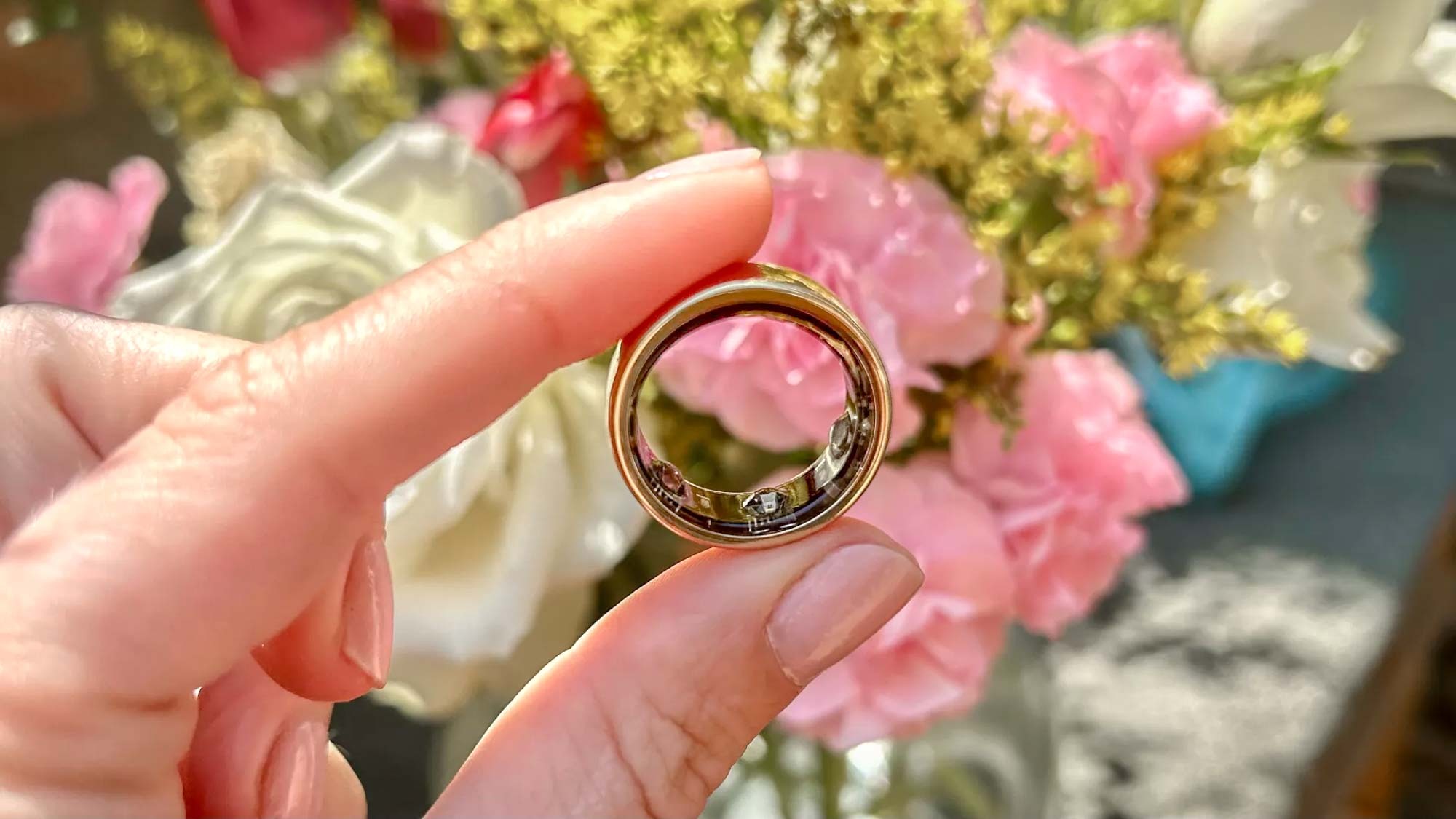
When it comes to comparing the best fitness trackers, sleep-tracking is a core pillar to consider. But when testing different sleep-tracking devices like the Oura Ring, Fitbits, and even the Apple Watch, it can be difficult to tell from anecdotes alone which wearable provides the most accurate data overnight.
For anyone craving more rigorous sleep tracking comparisons, there's now scientific evidence that one of these devices is more accurate that the others.
Brigham and Women’s Hospital took the Oura Ring Gen 3, Apple Watch Series 8 and Fitbit Sense 2 to the lab as part of a sleep-tracking study against the polysomnography (a.k.a. the "gold standard" of sleep assessment.) The researchers concluded that the Oura Ring Gen 3 performs the best with up to 10% greater accuracy, especially when it comes to differentiating sleep stages.
@tomsguide ♬ original sound - Tom’s Guide
According to the study, the Oura Ring offered the highest sensitivity for detecting deep sleep at 79.5% compared to the polysomnography control. The Fitbit Sense 2 detected 61.7% while the Apple Watch Series 8 detected just 50.5%.
Oura Ring 'did not significantly underestimate or overestimate any of the four sleep stages, while the Apple Watch overestimated both light sleep and deep sleep.
Oura Ring also "did not significantly underestimate or overestimate any of the four sleep stages," while the Apple Watch overestimated both light sleep and deep sleep by an average of 45 and 43 minutes, respectively. (This shouldn't seem entirely surprising considering sleep stage information only joined the Apple Watch's sleep tracking feature set last year.)
While these findings are certainly interesting, there's a pretty significant catch: the study didn't compare each company's most current devices. The Oura Ring Gen 3 is being replaced by the Oura Ring 4, while the Apple Watch Series 10 came out in September.
You can still buy the Fitbit Sense 2 new, but the two-year-old watch is confirmed to be the company's last. Fitbit.com is officially shut down and Google is pushing customers to buy the Pixel Watch 3 instead.
That's to say, take the study results with a grain of salt. Still, the evidence definitely suggests Oura has a leg up when it comes to the sophistication of it's sleep-tracking data, and I even have a colleague whose Oura Ring helped her find out she has sleep apnea. Peer-reviewed studies often take time to conduct and publish, but with the pace of advancement in the health-tracking tech market, I'd be curious to the see the results with updated devices.
Take the Oura Ring, for example. Although this study puts what we consider the best smart ring in a positive light, accuracy is supposed to a big change between the Oura Ring 4 vs. Oura Ring 3. Oura claims the newer ring is up to 120% more accurate in terms of SpO2 readings, which are central to sleep tracking analysis.
So, if you do happen to be in the market for a new sleep-tracking device, the Oura Ring 4 seems like a smart choice — especially when you factor in things like battery life and comfort.







